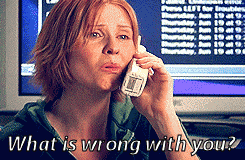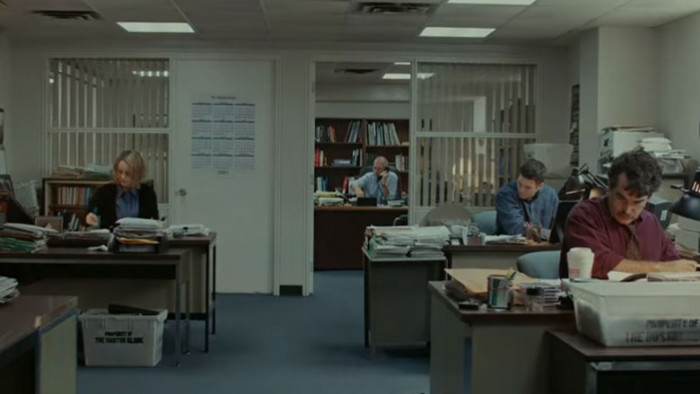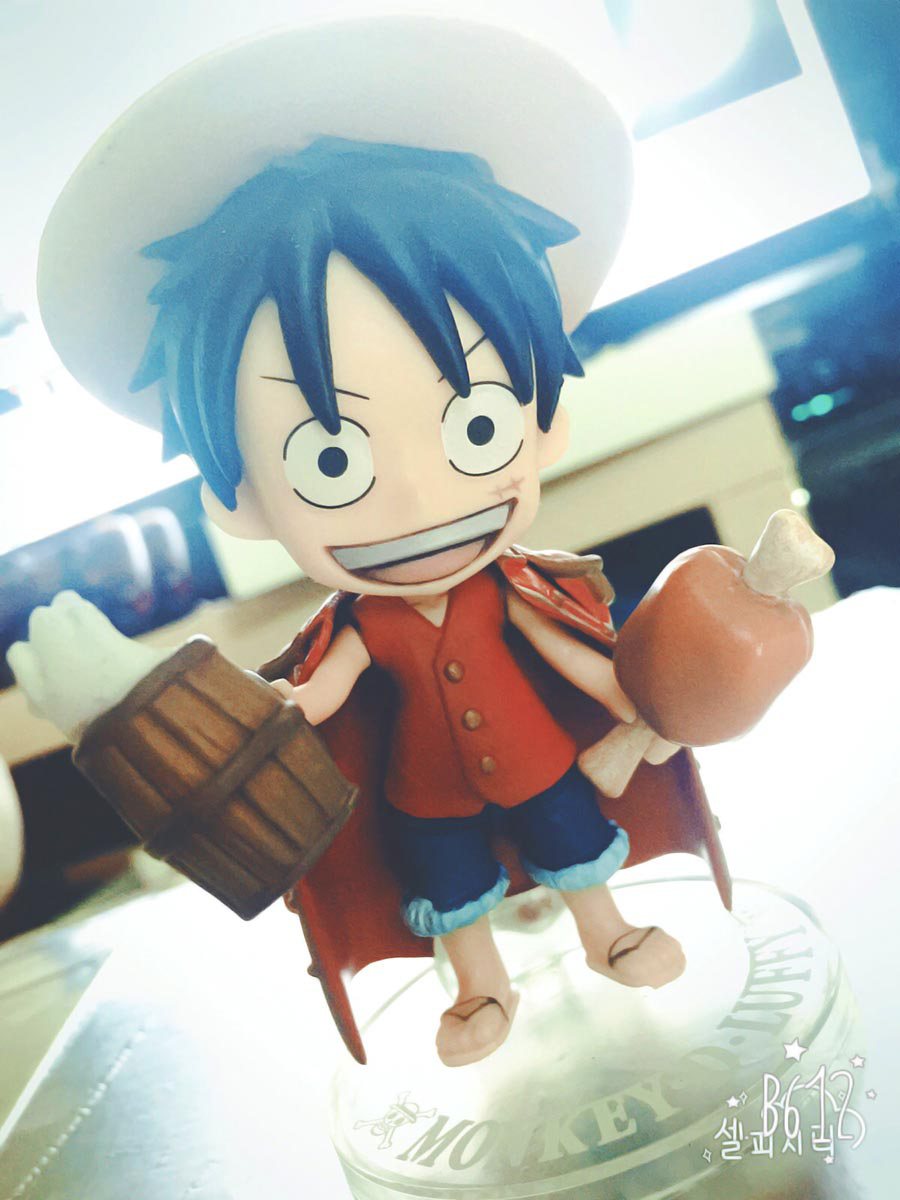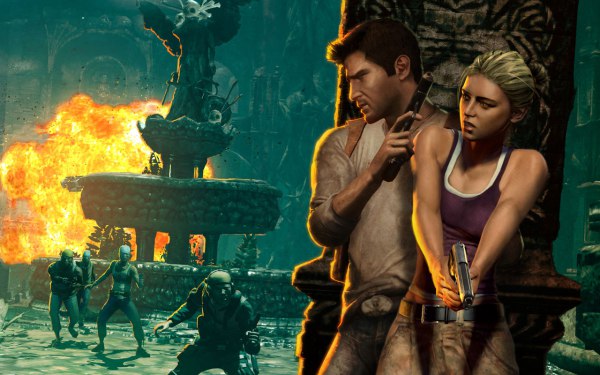
Funnily enough, the conclusion of this particular post will take us to the exact halfway point of my list. It’s fitting because a 5/10 signifies that I could go either way when asked if I recommend a game. In the end, I feel that whether or not the reader should check any of the following games is a decision they themselves must make. They have a lot of qualities worth praising, yet you have to wade through a lot of annoyance before their true value begins to shine.
61. Earthbound Beginnings
Originally reviewed on: Unknown
Revised on: November 28, 2016

Some of the first reviews I wrote for this site were about the Earthbound trilogy, though I ended up revising all of them once I realized they weren’t that good. The main reason I felt the need to revisit this particular installment is because my opinion of it has changed quite a lot since I originally played it. With the release of Undertale, which was heavily inspired by the Earthbound games, I found myself appreciating the developments in Earthbound Beginnings a lot more. Indeed, the way the final encounter pans out isn’t something that would be out of place in a 2010s indie title; seeing it in a 1989 release is astonishing. Actually recommending it is a bit tricky because as a JRPG, I would argue it wasn’t paying attention to the direction in which the movement was heading, and you will be playing through the worst the genre had to offer to get to the end. The reason I can say Earthbound Beginnings is better than Mother 3 is because, gameplay notwithstanding, the former had a more timeless quality that made older generations want to try it out. Mother 3 rendered itself somewhat inaccessible to anyone outside of the teenager/young adult demographic.
60. Metal Gear
Originally reviewed on: November 28, 2015

“Hiding from your enemies? That’s not a game!” was an anecdotal response Hideo Kojima received when he originally pitched Metal Gear. This person proceeded to spend the next few decades realizing just how wrong they were. The original Metal Gear was truly ahead of its time with its mechanics encouraging stealth over running into the fray and gunning everyone down like an eighties action movie protagonist. It also featured one of the medium’s oldest plot twists in a time when, outside of the computer gaming scene, storylines rarely became more advanced than instruction manual filler. However, I would also argue that Metal Gear was a little too ahead of its time. It was a fresh idea in 1987, but video games needed to make the 3D leap in order for the stealth genre to flourish. On a more basic level, Metal Gear falls into the same trap as many adventure games at the time in that a lot of the longevity results from bumbling around, having no idea what to do.
59. The Witness
Originally reviewed on: March 25, 2017

If I didn’t know of its long development cycle, I would’ve assumed The Witness was a product of the late 2000s/early 2010s indie scene because it held onto the art-game style when everyone else had largely moved past it. This seemed to reflect in how it was received because while this game did end up garnering a fair bit of critical acclaim, fans were more divided – a far cry from the near universal praise Braid received. I can see why that is because in 2008, Jonathan Blow was in a class of his own, yet by 2016, he had to compete with artists who were more than a match for him. Specifically, The Witness was released after Undertale and Papers, Please, both of which provided perfect counterarguments to his overall philosophy. They likely went into their projects knowing exactly the kind of experience they wished to provide, and both were much more focused as a result. The problem with The Witness is that it tried to get too much mileage out of its central concept. Playing this game for eighty hours as Mr. Blow suggested would ensure it overstaying its welcome. It doesn’t help that the symbolism featured in this game is even more gratuitous than that of Braid, turning the entire experience into an unintentional self-parody.
58. Zelda II: The Adventure of Link
Originally reviewed on: August 29, 2017

Zelda II is a divisive game in the Zelda fandom. I kind of take the middle road in that I don’t think it deserves the hate it gets, yet I also believe it to be the weakest Zelda game I’ve played. Honestly, it’s only really bad when compared to the other Zelda games, which is like saying that a game is better than the NES version of Dragon’s Lair. Regardless, between the unreasonable difficulty spikes and the amount of time you’ll spend having no idea what to do, Zelda II doesn’t have the same polish as its direct predecessor. There is enough to like about this game that checking it out wouldn’t be a bad idea, however.
57. Final Fantasy
Originally reviewed on: June 19, 2017

Unlike Dragon Quest, which got better with each 8-bit installment, I feel the original Final Fantasy is the best of the Famicom/NES installments. Despite suffering from many bouts of spotty programming, it’s the installment with the most reasonable difficulty curves, and is the easiest to pick up and play. More than anything, this game succeeded where Dragon Quest didn’t in that it managed to get Western enthusiasts interested in the JRPG, which in turn paved the way for RPGs in general becoming mainstream.
56. Final Fantasy Tactics Advance
Originally reviewed on: March 27, 2016

When discussing this game with Aether, I realized that Final Fantasy Tactics Advance and The Last of Us have very similar problems. Specifically, the protagonists of both games reach a point where they end up taking a controversial stance to justify their actions despite not really needing to. In both cases, there are serviceable explanations for their extreme actions, yet they don’t quite make it into the narrative. Whereas The Last of Us could have done better without the supplementary information, as it ruined the moral ambiguity upon which the setting hinged, Final Fantasy Tactics Advance needed it to successfully drive its message home. Both protagonists have a lot of conviction, but it’s difficult to say where it comes from. As it stands, Final Fantasy Tactics Advance appeared to accidentally stumble upon a piece of brilliance, yet the writers wound up doing nothing with it, rendering the effort meaningless. The actual game is decent, if weighed down by the horribly misbegotten law system, but recommending it knowing there’s a good chance its story would lose the average enthusiast is quite difficult.
55. Uncharted: Drake’s Fortune
Originally reviewed on: February 20, 2017

The original Uncharted is a game that has fared well in the critical eye, but I feel a lot of that is retroactive due to the success the series would later have. Indeed, I seem to remember the critical reception being a lot more mixed when it was released back in 2007, and it really wasn’t until its first sequel that the series became the PlayStation 3’s hot app. As it stands, Uncharted is the textbook definition of middle of the road. Though the leads are somewhat likeable, the villains are some of the most forgettable video game antagonists I’ve ever seen; by the end, I couldn’t even remember their names. Combined with an approach to game design that is wildly out-of-step with the medium (and not in the good/experimental sense), it’s not a game I could recommend getting by itself despite not being particularly bad. About the only thing I could say about it when I finished it was, “Yup, that sure was a game I just played”.
54. Dragon Quest III: The Seeds of Salvation
Originally reviewed on: February 26, 2017

Dragon Quest III is the JRPG equivalent of Super Mario Bros. in that it may not have invented the genre, but it was the title that served as a style guide for many artists in the coming years. It’s a shame the West doesn’t appreciate it more because few games could offer the same amount of content in 1988. By the time the West finally got ahold of it in 1992, it had Final Fantasy IV to contend with. Needless to say, it was a horribly mismatched competition. Nonetheless, there is some value in revisiting Dragon Quest III, as I feel it to be the first game in the series that truly forged its own identity away from of the properties that inspired it.
53. Breath of Fire
Originally reviewed on: July 13, 2016
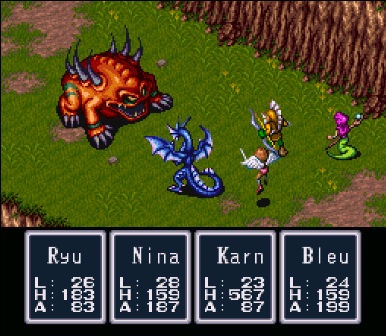
Much like Uncharted, Breath of Fire does just enough to come across as a passable effort and nothing more. Its unique character designs are some of the only things about this game that allow the game to stand out from its contemporaries. Though I struggled to come up with anything to put in the “Pros” list when I reviewed it, it’s honestly an okay game that wouldn’t be a waste of time to try out.
52. Far Cry 4
Originally reviewed on: June 19, 2015

Far Cry 4 is a distillation of everything that made big-budget AAA efforts from the early-to-mid 2010s insufferable to get through, starring a thoroughly unlikable cast in a situation where no matter what you do, you don’t really improve the status quo, instead swapping one problem for another. It also doesn’t help that its lead, though not unlikable himself, lacks any real reason to be involved in the plot and doesn’t really go through a definable character arc. At the end of the day, this was a game made for fans of Far Cry; it’s a decent open-world game, but it doesn’t offer anything that wasn’t already done better two years earlier with Far Cry 3.
51. Braid
Originally reviewed on: July 23, 2017

An article on Kotaku referred to Mr. Blow as “the righteous rebel video games need”, and the indie scene’s blossoming after the release of his debut effort, Braid, would appear to support this thesis. However, I can actually believe in the grand scheme of things that the indie scene became the force it is now without anyone having paid much (if any) attention to Mr. Blow at all. I think a more accurate assessment is that it was around the time quality game making software became widely available to the public, and he just happened to be one of the first to get his work out the door. If The Witness was a game where Mr. Blow tried to get too much mileage out of his central concept, Braid has the opposite problem in that I feel there was so much more he could’ve done with his idea. Sadly, a lot of focus went toward weaving an incomprehensible narrative with amateurish, fortune-cookie-esque symbolism. As a result, Braid is a game that for all of its ambition, fails to live up to its potential.
Advertisements Share this: